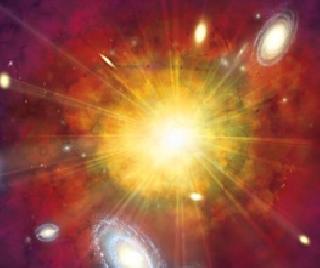
LONDON (PTI): The "missing link" between the Big Bang and evolution of the Universe has been uncovered by a team of international scientists.
The missing link or the period between the Big Bang some 13.7 billion years ago and the creation of the first stars is known as "dark ages" of space about which scientists have known nothing for years.
But Cambridge University researchers have now captured light emitted from a massive black hole to peer into this unknown portion of Universe's history.
They discovered remnants of the first stars and evidence of the aftermath of an exploding star, which was a staggering 25 times larger than the Sun.
Professor Max Pettini, of Cambridge's Institute of Astronomy, believes the discovery of these gases could help reveal the origins of the Universe.
"We have effectively been able to peer into the Dark Ages using the light emitted from a quasar. The light provides a backdrop against which any gas cloud in its path can be measured," Prof Pettini was quoted as saying by Daily Mail.
He said: "We discovered tiny amounts of elements present in the cloud in proportions that are very different from their relative proportions in normal stars today.
"Most significantly, the ratio of carbon to iron is 35 times greater than measured in the Sun.
"The composition enables us to infer that the gas was released by a star 25 times more massive than the sun and originally consisting of only hydrogen and helium.
"In effect, this is a fossil record that provides us with a missing link back to the early universe."
The Cambridge scientists teamed up with researchers at the California Institute of Technology to carry out the ground-breaking research.
They used light emitted from a massive black hole, called a quasar, to 'light up' gases released by the young stars.
These early stars are believed to hold the key to how the Universe evolved from being filled with hydrogen and helium to one rich in heavier elements such as oxygen, carbon and iron.
Lasting half a billion years after the Big Bang, this period is inaccessible to telescopes because the clouds of gas that filled the universe then were not transparent.
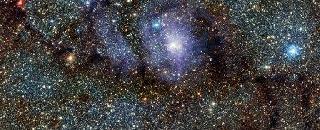 Previous Article
Previous Article Next Article
Next Article

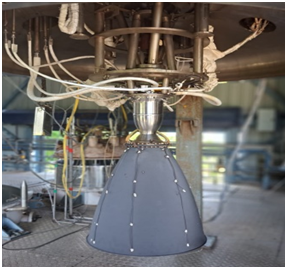
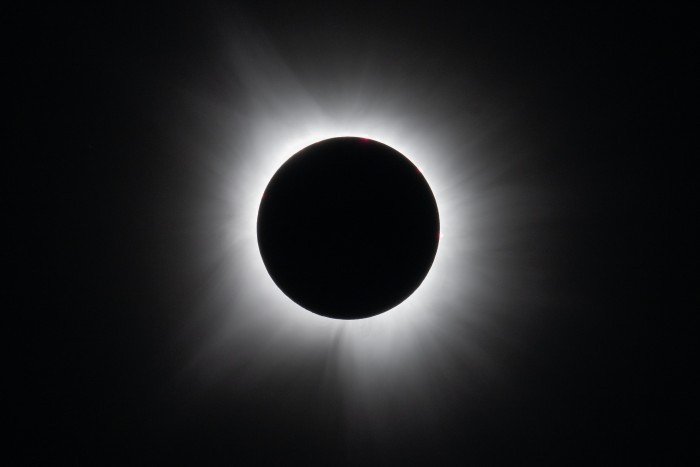
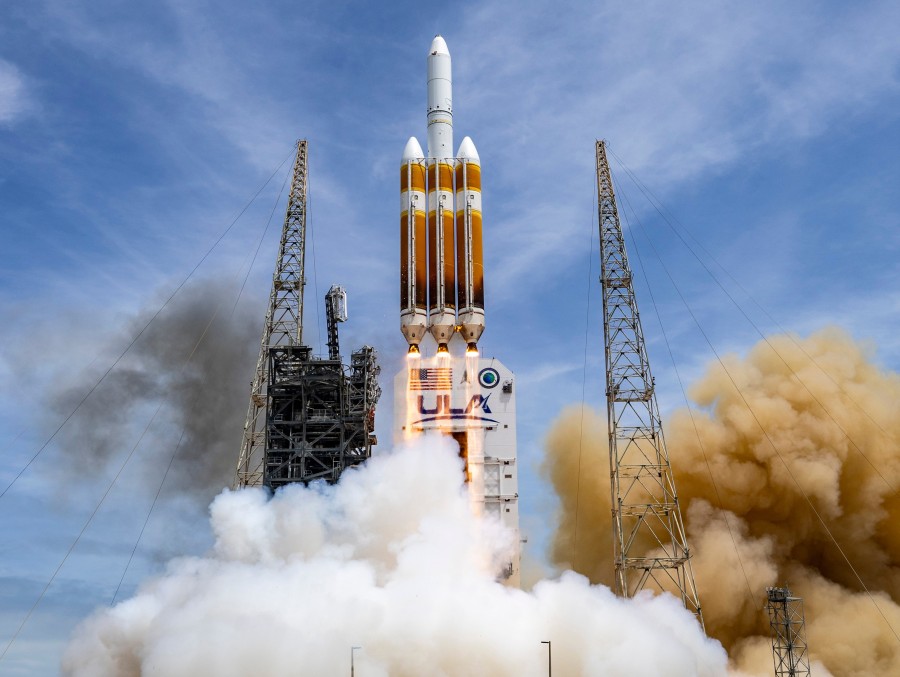









The Indian Air Force, in its flight trials evaluation report submitted before the Defence Ministry l..
view articleAn insight into the Medium Multi-Role Combat Aircraft competition...
view articleSky enthusiasts can now spot the International Space Station (ISS) commanded by Indian-American astr..
view article